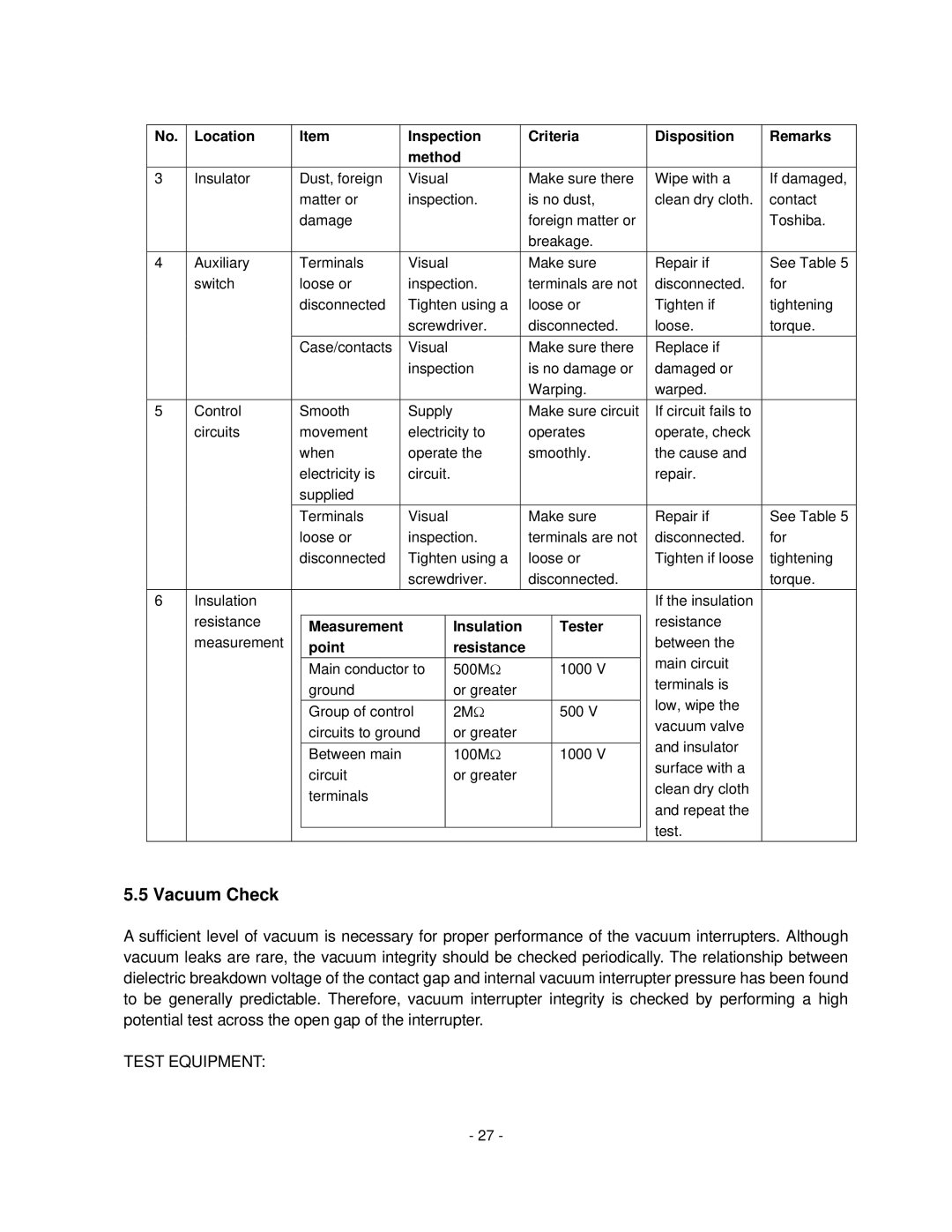HV6CS-MU specifications
The Toshiba HV6CS-MU is a high-performance semiconductor device, primarily designed for automotive applications, particularly in battery management systems and electric vehicles. This versatile chip is part of Toshiba's HV series, known for its reliability, robustness, and efficiency in handling high voltage operations.One of the standout features of the HV6CS-MU is its ability to operate at high voltages, making it suitable for demanding environments where traditional components may falter. It supports voltages up to 600V, which is essential for managing the power requirements of electric and hybrid vehicles. This high voltage capability allows for efficient energy management in various systems, from power inverters to energy storage units.
Additionally, the HV6CS-MU leverages Toshiba's proprietary technologies, including advanced gate drive and protection circuits. These technologies ensure that the device operates safely and reliably under various conditions. The built-in protection features help guard against over-voltage, over-current, and thermal problems, which are critical for maintaining system integrity and longevity.
Another compelling aspect of the HV6CS-MU is its efficiency. With low on-resistance and fast switching times, it minimizes power loss during operation. This efficiency translates not only to improved performance but also to extended battery life in electric vehicles. The ability to conserve energy is paramount in today's automotive industry, where sustainability and energy efficiency are increasingly important.
Furthermore, the HV6CS-MU is designed with a robust thermal management system. It can operate at elevated temperatures without compromising performance, making it suitable for various automotive environments. This feature is particularly vital in electric vehicles, where components are often subjected to significant heat during operation.
In terms of packaging, the HV6CS-MU comes in a compact, integrated format, allowing for ease of installation within various electronic assemblies. Its small footprint makes it ideal for space-constrained applications, providing engineers with more design flexibility.
In summary, the Toshiba HV6CS-MU is a state-of-the-art semiconductor device that embodies advanced technology, high efficiency, and robust performance characteristics. Its high voltage operation, integrated protection features, and efficient energy management make it a pivotal component in modern automotive designs, particularly in the realm of electric and hybrid vehicles. As the industry continues to evolve towards electrification, devices like the HV6CS-MU will play an essential role in shaping the future of automotive technology.
